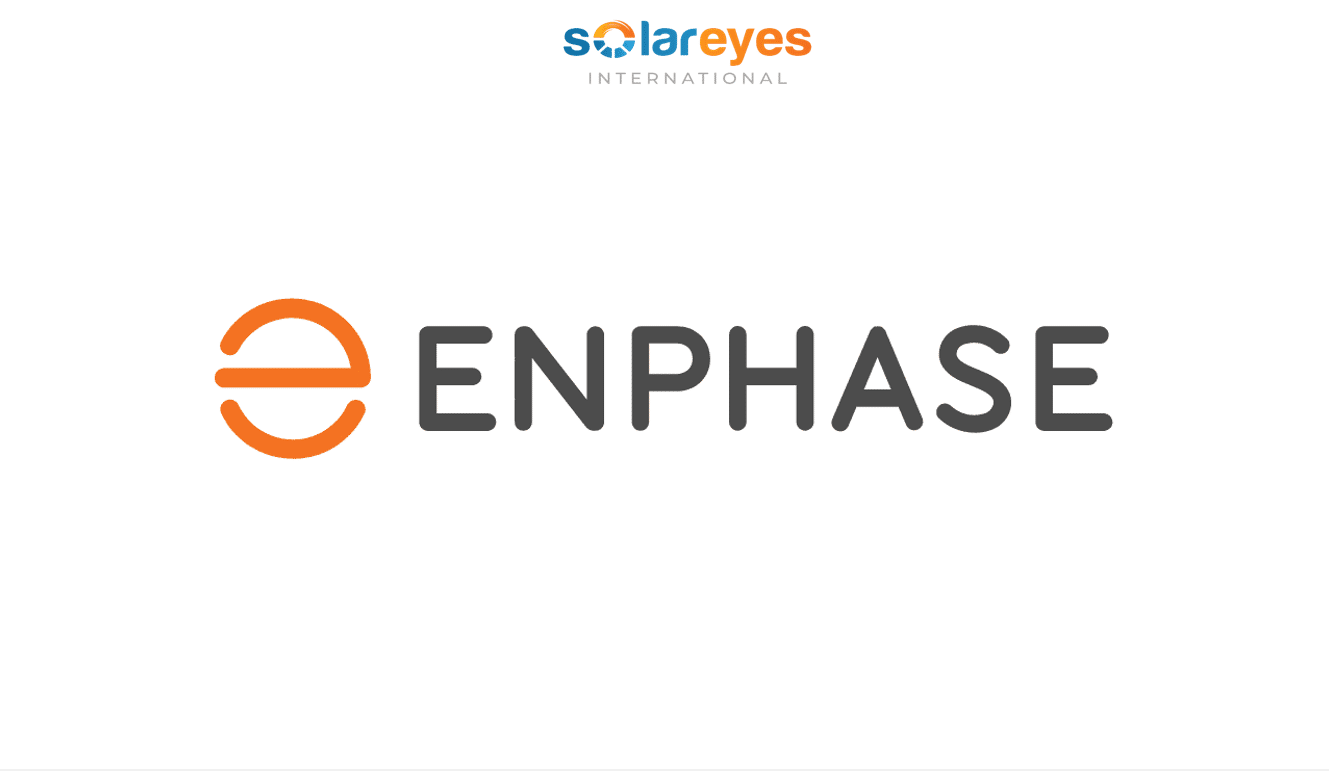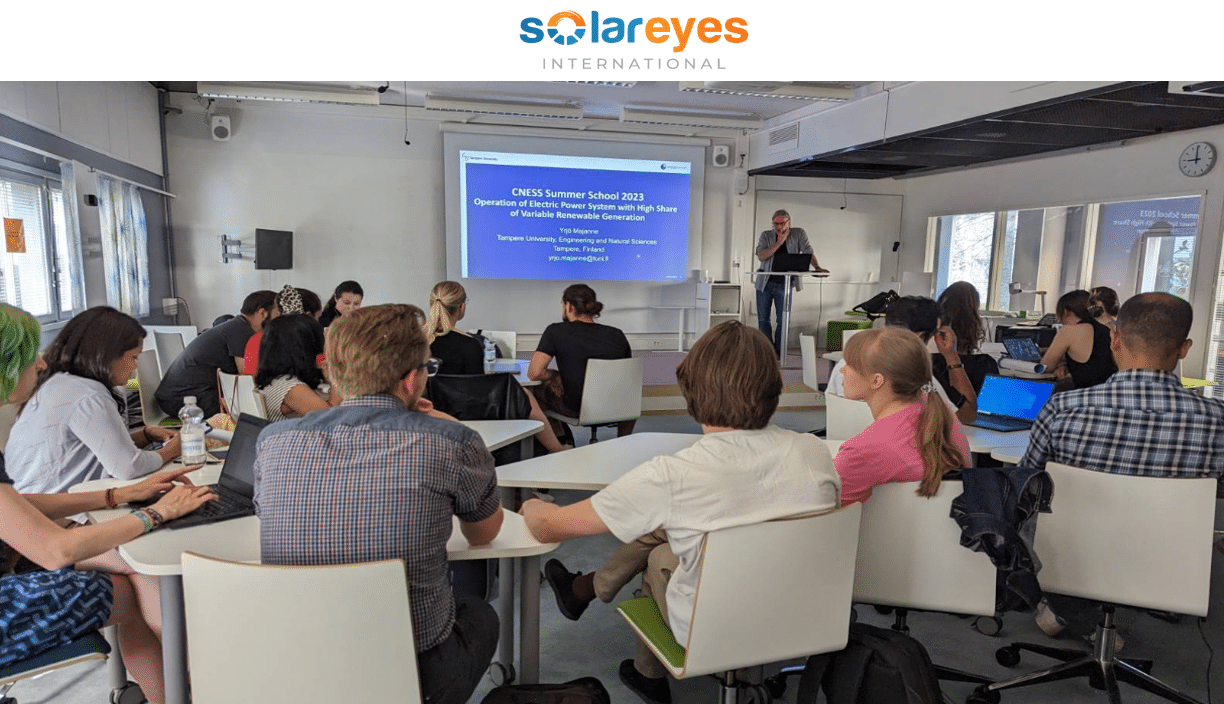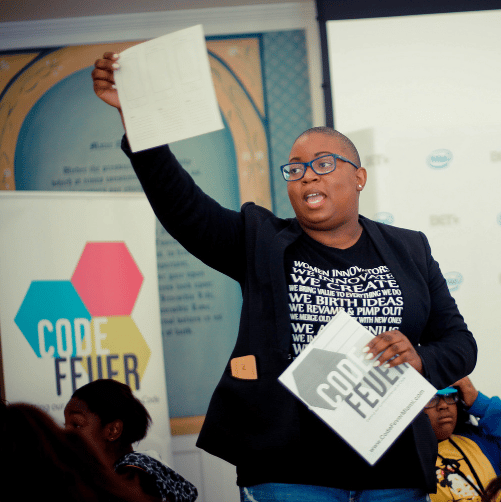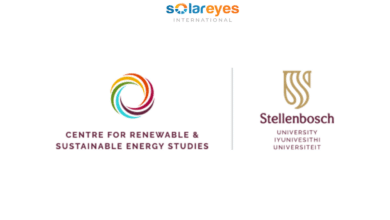NASA Climate Change Research Initiative Program – for STEM teachers and graduate students
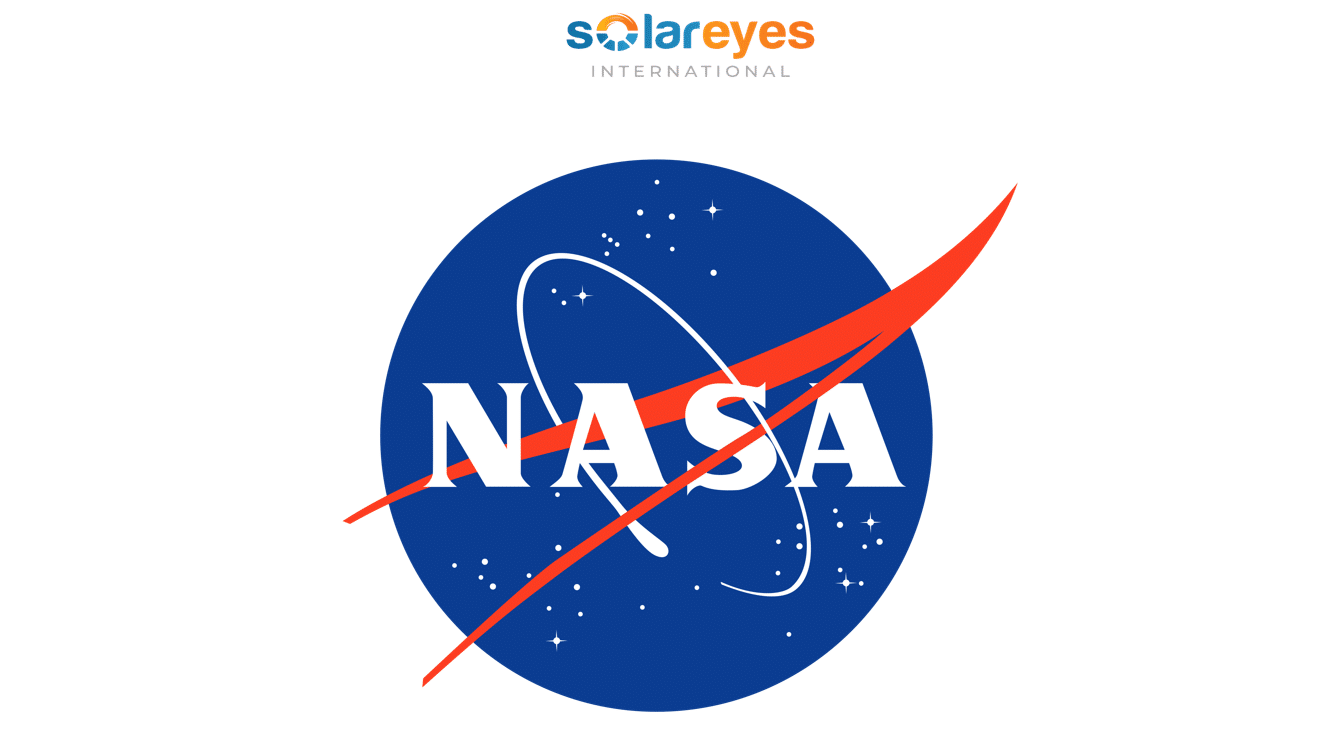
NASA Climate Change Research Initiative Program – for STEM teachers and graduate students
NASA Climate Change Research Initiative Program – for STEM teachers and graduate students
NASA Science Mission Directorate’s Climate Change Research Initiative (CCRI) program is an interdisciplinary, collaborative, year-long STEM engagement, and experiential learning opportunity for educators and graduate students to work directly with NASA scientists and lead research teams in a NASA research project hosted at either the NASA Goddard Institute for Space Studies ,CUNY City College of Technology in New York City, NY, or the NASA Goddard Space Flight Center in Greenbelt, MD. The summer component of each CCRI project also includes undergraduate and high school interns.
During the fall and spring terms of CCRI, the research team will consist of NASA Principal Investigators who lead in-service high school STEM educators and graduate student research assistants to become immersed in a NASA science research area related to climate change.
Educators participating in this opportunity become associate researchers, CCRI education ambassadors and STEM education experts who integrate NASA education resources, platforms, data and content into their classrooms while improving STEM education within their communities.
Participating high school STEM educators contribute to the research project, assist in the development of a research question and assist in guiding the research team to complete all program deliverables. Educators also develop an Applied Research STEM Curriculum portfolio and unit plan that utilizes NASA education resources aligning NASA Science and STEM curricula to the Next Generation Science Standards. The teachers will then incorporate the STEM curriculum into their classrooms and also provide community STEM engagement events related to their NASA research study. The fall and spring term will not conflict with the educators’ primary schedule, roles or responsibilities at their school sites.
For graduate student research assistants, this opportunity will not conflict with class schedules during the fall and spring. It is considered to be a part-time position that supports the graduate student’s major area of study.
During the summer session, the primary research team will add an undergraduate intern and high school intern to the CCRI research team. The entire team will work collaboratively on a full-time basis to complete the research project, deliver presentations, create a scientific poster and a publishable research paper that will be presented at the NASA Goddard Institute for Space Studies, and other science conferences and symposiums. The final symposium may have participants from other government agencies, such as the National Science Foundation (NSF), National Oceanic and Atmospheric Administration (NOAA), the United States Department of Education (USDE) and the United States Department of Defense (DoD) and many others.
CCRI Autumn 2023-Summer 2024
Research opportunities for educators, grad student assistants, and interns during Autumn 2023 through Summer 2024 include the following projects:
- Deciphering Changing Probabilities of Extreme Climate Events in Climate Models and Measurements (GISS)
- Climate Change in the Hudson Estuary — Past, Present, and Future (GISS/LDEO)
- Monitoring and Studying Lakes from Space in a Changing Climate (GISS/CUNY)
- Characterizing the Urban Land Surface Temperature via an Innovative, Multi-Platformed Suite of Satellite and Ground-Based Remote Sensing Technologies (GISS/CUNY)
- Land Surface Temperature via Satellite and Remote Sensing Technologies (GSFC)
- SnowEx and Understanding the Role of Snow and Measurements (GSFC)
Detailed descriptions of the these projections are available here (PDF).
Education Award Stipend: NASA Climate Change Research Initiative Program – for STEM teachers and graduate students
| Team Member | Stipend |
|---|---|
| Teacher/Assoc. Researcher | $7,650 |
| Graduate Student Research Asst. | $11,700 |
| Undergraduate Intern | $5,840 |
| High School Intern | $2,400 |
Program Schedule
- Fall: 10/16/2023-12/22/2023: (~5-10 hr/wk for 10 weeks)
- Spring: 01/29/2024–04/26/2024: (~5-10 hr/wk for 10 weeks)
- Summer: 06/17/2024-08/09/2024: (~40 hr/wk for6-8 weeks)
How to Apply for NASA Climate Change Research Initiative Program – for STEM teachers and graduate students
CCRI applicants must be US citizens. Housing, relocation and travel expenses are not provided. Teachers, graduate students and interns whose locality is regional to the NASA Goddard Institute for Space Studies in New York City, NY, or NASA’s Goddard Space Flight Center in Greenbelt, MD, are encouraged to apply. Applications are considered upon receipt.
World Bank Group Africa Fellowship Program
The deadline for educators and graduate students to apply for the CCRI 2023-2024 year-long program was Aug. 25, 2023.
The application deadline for Summer 2024 CCRI high school and undergraduate internship opportunities is Oct. 20, 2023 at intern.nasa.gov.
Please address all questions regarding these opportunities to Matthew Pearce.
Additional Requirements: NASA Climate Change Research Initiative Program – for STEM teachers and graduate students
Upon submission of your application please e-mail Matthew Pearce to confirm receipt of your application.
Educators:
Teachers applying for CCRI should submit a cover letter, resume, and unofficial transcripts. Teachers are also encouraged but not required to submit any additional portfolio exemplars. The cover letter should also include:
- A description of how participating in CCRI will benefit your students, school and community.
- Description of IT and programing skills indicating a self-proficiency ranking.
- Rank in order of preference the projects that the teacher would like to apply to and be considered for.
The selected candidate will be requested to provide a letter of support from their school administration for participation and collaboration in the program.
Graduate Students:
Graduate Student Research Assistants applying for CCRI should submit a cover letter, resume and unofficial transcripts. The cover letter should also include:
- A description of how participating in CCRI aligns with your current degree program and anticipated graduation date.
- Description of IT and program skills indicating a self-proficiency ranking.
- Rank in order of preference the projects that the graduate student would like to apply to and be considered for.
The selected candidate will be requested to provide a letter of support from their graduate school advisor for participation and collaboration in the program.
How to Submit: Teachers and graduate students should submit their cover letter and application materials via our Box Account.
Other Internships
NASA/GISS internship opportunities for high school and college students that are not part of the CCRI program are posted on our general internships info page.
Further Info
Please visit NASA Education Program Foster Climate of Discovery for additional program information.
FOLLOW US ON SOCIAL MEDIA
Follow us on LINKEDIN, FACEBOOK, TELEGRAM GROUP and WHATSAPP.
*** ALSO CHECK: 12 CHALLENGES FACED BY SOLAR COMPANIES IN DEVELOPING COUNTRIES
HOW TO SIZE A SOLAR SYSTEM – 5 clear steps anyone can follow
HOW TO START A SOLAR COMPANY – do these 6 things and make money through solar
Some Examples of where People have Fallen Victim to Fake Solar Products
Top 10 Most Paying Renewable Energy Jobs for 2023: Get yourself a winning profile
The Effect of Fake Solar Components on the Global Uptake of Solar Energy as a Source of Electricity


